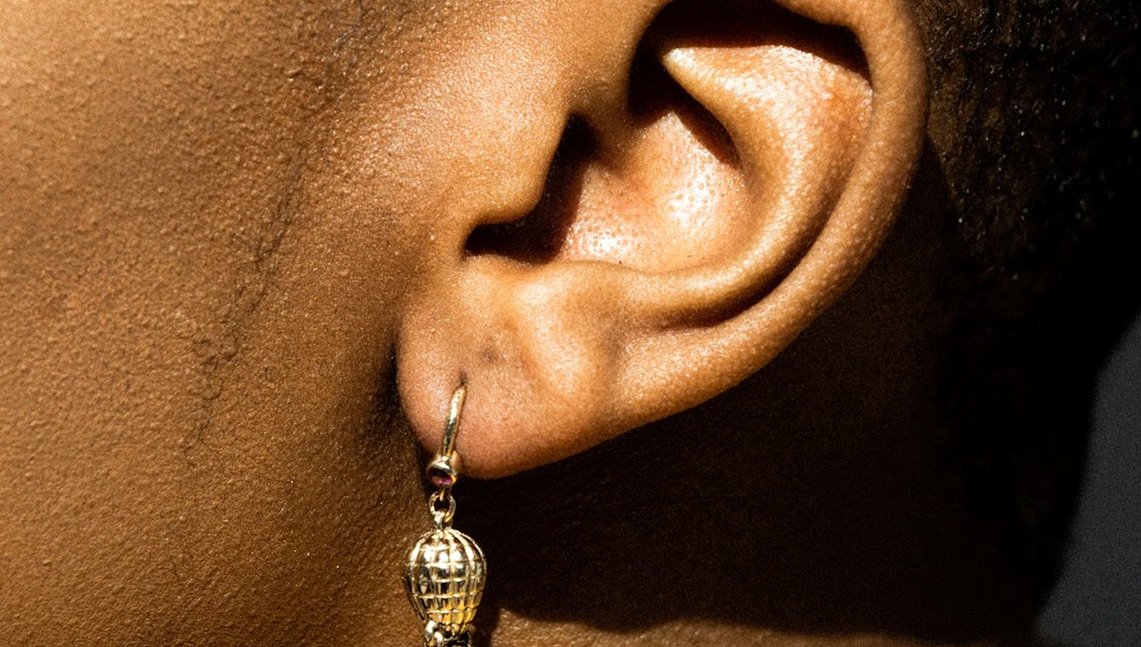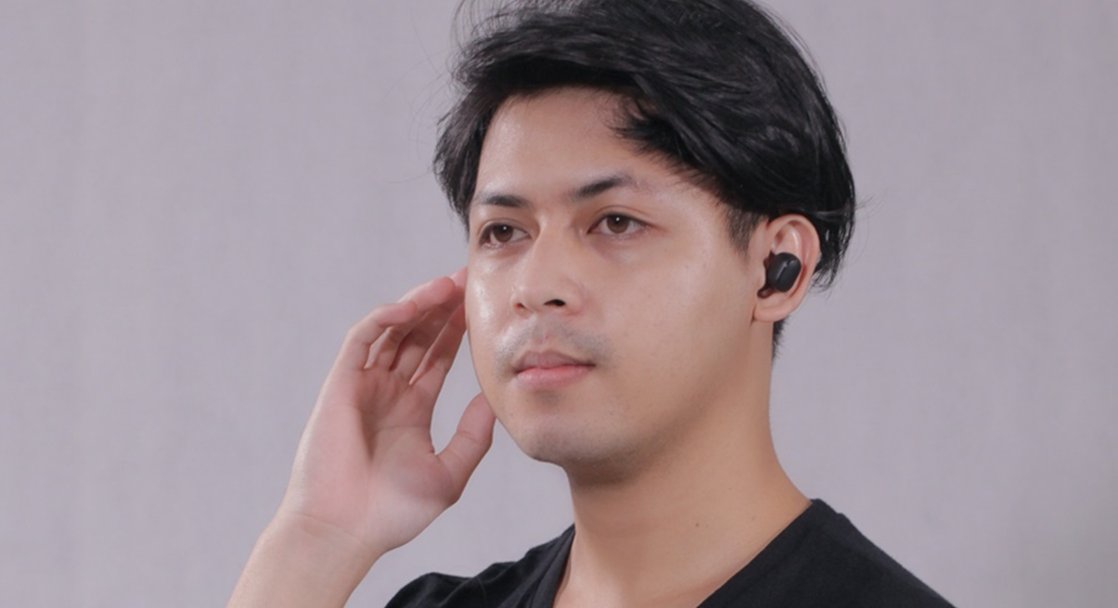
Where did my passion for the Cardiovascular system begin?
Well Diabetes was never taboo in my family. However observing the different ways it was treated, the perception of it within and outside of my community proved the necessity for scientists who understood the community.
Well Diabetes was never taboo in my family. However observing the different ways it was treated, the perception of it within and outside of my community proved the necessity for scientists who understood the community.
I always enjoyed learning about the heart but my passion really began in my Physiology undergrad @UofGlasgow. Learning about its complexity in nature from molecular to organ function, and the various diseases associated showed me that there was a lot of work to be done.
Heart failure is complex! The diabetic heart varies in many ways and as I go through my research and unlock the many differences, the urgency of the work is consistently revealed to me.
Diabetic Cardiomyopathy is characterised by the progression of diastolic dysfunction to heart failure in the absence of coronary artery disease and hypertension. This is UNDER RECOGNISED! There is an urgent need to better understand the pathophysiology of this disease.
This thread was by @Juststanss. Give a follow if you enjoyed and want to know more.
• • •
Missing some Tweet in this thread? You can try to
force a refresh






